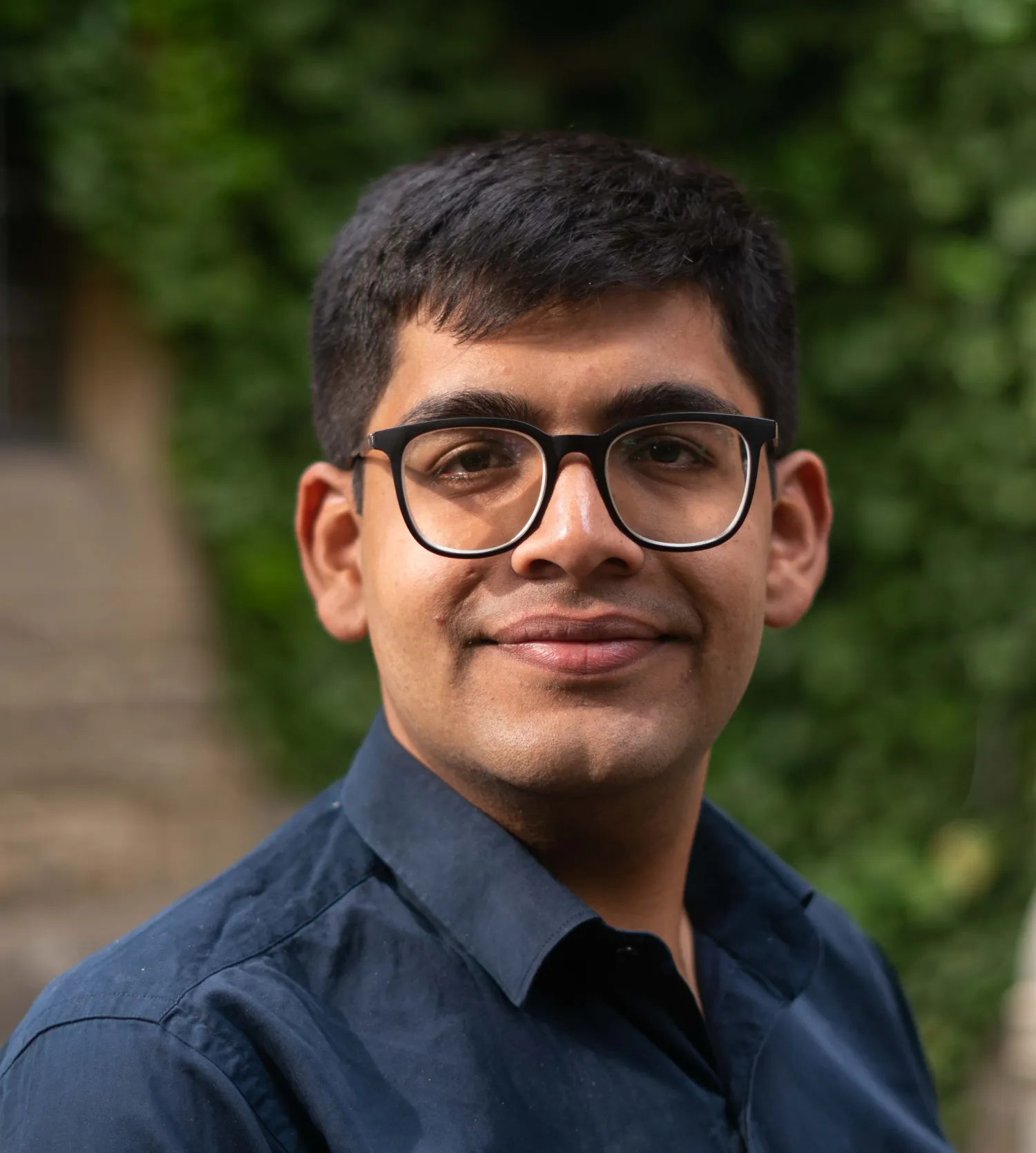Nachiket's research spans political dynasties, democratisation, and the intersections of gender and governance, with a focus on India and global political trends.
He is also the co-founder of The Oxford Computational Political Science Group (OCPSG) that promotes work at the intersection of computational methods and political science.
He spoke to us about his time studying at Oxford…
What do you enjoy most about your research and current projects?
Outside of my thesis work that focuses on understanding women dynastic leaders at the highest level of offices across democracies, my research focuses on computational methods, democratisation, and institutional resilience. But what I enjoy is the unpredictability. One day I'm coding a global dataset on dynasties, and the next I’m analysing policy implications with people from across Europe. That mix of computational work and real-world application keeps me sane. This is also one of the joys of working on projects at DPIR is that you get a mix of constructive feedback, peer network, and excellent supervision that keeps you motivated throughout.
Can you tell us a little more about your role in The Oxford Computational Political Science Group (OCPSG)?
I co-founded OCPSG to create a space where political science could meet computational methods without either side needing to apologise. My role’s been everything from curating speaker sessions to developing research programmes with teams from Oxford, LSE, UCLA, and Berkeley. We’re trying to make space for big questions at the intersection of computational methods and political science without losing the human in the data.
What impact has the group had so far? Or what are you most excited about working as part of this group?
On the teaching and research side of things, we have hosted workshops, launched research collaborations, and held expert talks with people from academia and industry. On the policy side of things, we were recently invited by the European Union delegation to the UK to present our joint work with our strategic partner Europinion (a leading youth media platform) on media literacy. But what excites me most is that this group is a bit of an outlier. It is a student-led, interdisciplinary project that’s being taken seriously at the institutional level. That’s rare, and I don’t take it for granted, and I cherish every bit of building it.
What advice would you give to prospective DPIR students considering applying to study Politics?
Don’t apply just because it’s Oxford. Apply because you have a question that won’t leave you alone. The degree will definitely push you academically, but it also gives you access to the kind of minds that can reshape how you think forever. Be prepared to be humbled. But also, be prepared to find your people with whom you can have excellent collaborations and build great things.
Read about Nachiket’s research.



